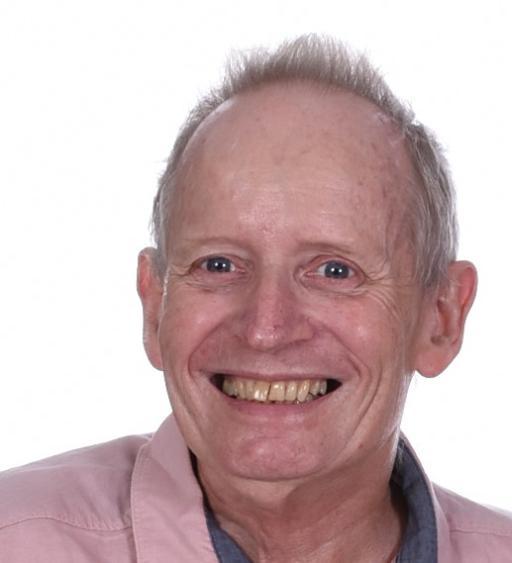
State or Province:
Queenslandcountry:
AUwhat are your gifts and talents?:
why do you want to join abcd in action?:
Pondering on Leadership and Management
Introduction
Over the last two or three years I’ve spent time considering leadership and management models/styles that are compatible with leading teams of Community Development workers.
From these considerations I think I’ve reached a place where it all makes some sense.
Background
I have had a lengthy career in the public sector. I’ve worked in Commonwealth Government, State Government and, for the last 16 years in local government. It is from the perspective and experience of practising Community Development in the loal government context that I have reached my current understanding of leading and managing a Community Development team.
Pondering
After many years of leading teams I have reached the conclusion that my leadership practice must reflect my practice as a Community Development worker. That is, my practice as a leader or manager must be based on a grassroots community development approach reflecting an Assets Based Community Development theory of practice.
To be true to this practice leadersheip must be one based on relating to each member of my team and assessing what their individual strengths are how to maximise those strengths. My role is to grant them the space to develop those strengths and assets and to allow them to practice their work in the way they consider the most appropriate. This, of course takes time but seems to build long lasting commitment from members of the team as they are the masters of their own destiny and practice. Essentially, this is a relationship based approach.
I also need to mentor my team in good community development practice. This, again takes time. My aim is to bring out the best in them and to give them good training in what the practice of grassroots community development entails. Mentoring is essential to leading the team.
Community Development is often a practice pursued by the solo worker or by small groups of workers. I need to give my team space to develop their own way of operating. It is a personality driven pracitce. I may not work the same as the other team members but it is up to them to have integrity in their work.
I need to trust each person in the team. Trust that they will work in the interests of the community, they will work alongside community, they will partner and not direct the work. Community Development is always a Trust job.
My aim is to give them a Vision or a Mission. The vision I have is to build community based on the assets and strnegths of that community. Find those people who are the connectors and work with them to build connection and community. Without a vision of place making and working with community to build community they will never succeed.
I need to listen to the team. probably the most challenging role but one I need to continually focus on.
Of course this approach brings certain challenges. It is a participative and cooperative approach to ledership. It is anything but micro managing, it is often seen as a passive approach of democratice approach, whereas I would see it as a partnership in building a community of community development workers to create better and stronger community. It is highly informed by a developmental psychology approach of valuing each person for where they are at in self awareness and self care but, given space can be a radically succesful way to create dynamic teams.
It is also informed by contemporary approaches to working with people. To quote Richard Branson "It is all about finding and hiring people smarter than you. Getting them to join your business. And giving them good work. Then getting out of their way. And trusting them. You have to get out of their way so you can focus on the bigger vision. That’s important. And here’s the amin thing…you must make them see their work as a mission."
I also hire people with passion. People come to community development often with life experience and a fire in the belly. To stifle this is the biggest crime. Stephen Covey once wrote: "If you can hire people whose passion intersects with the job, they won’t require any supervision at all. They will manage themselves better than anyone could manage them. Their fire comes from within, not from without. Their motivation is internal, not external."
Finally, to quote Theodore Roosevelt: "The best executive is the one who has enough sense to pick good men to do what he wants done, and self-restraint enough to keep from meddling with them while they do it."
I’d appreciate other’s thoughts on leadership from a community building perspective.
This blog originally appeared at www.herdingtogether.com
